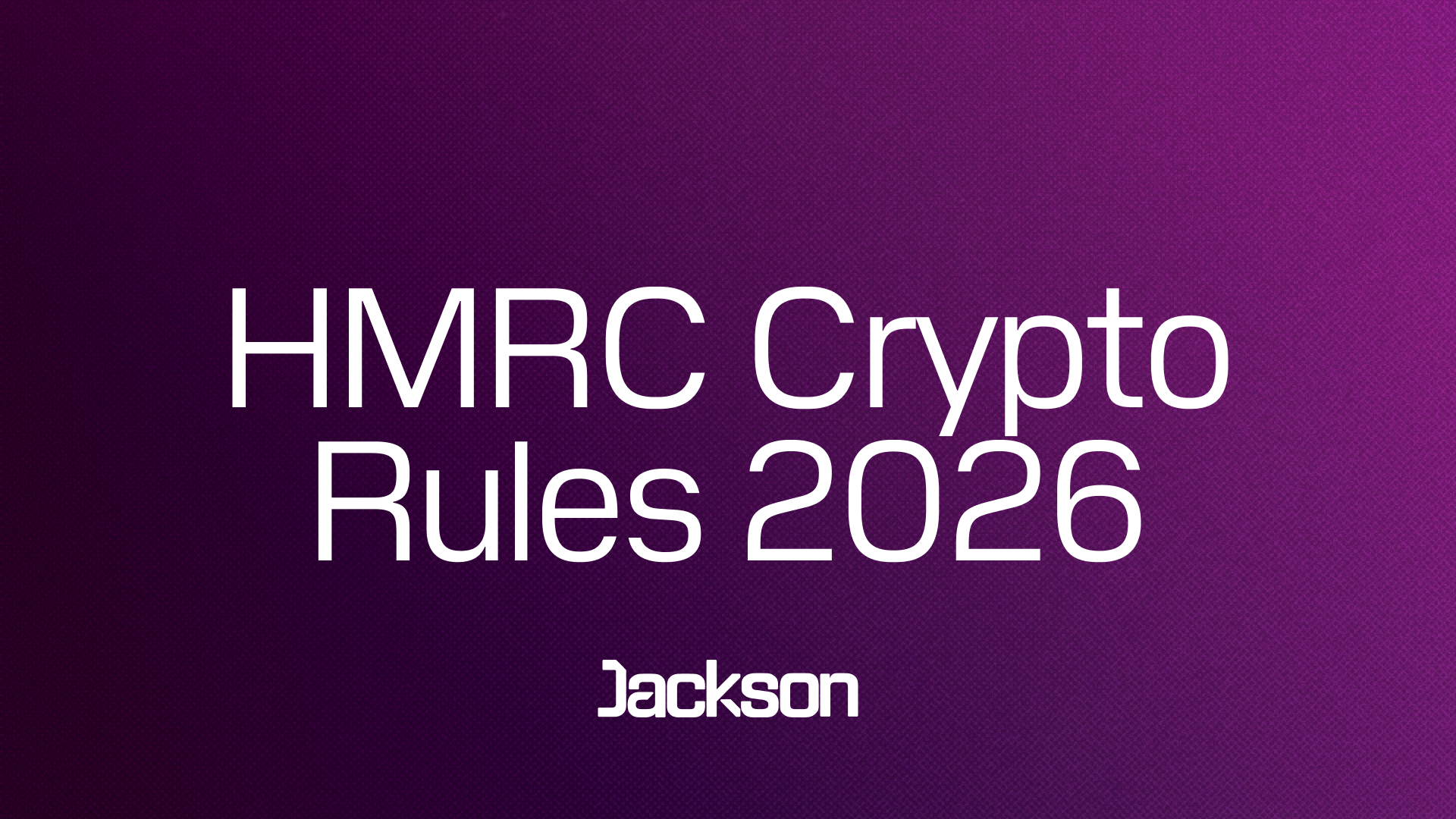15 Things You Must Know About HMRC’s 2026 Crypto Rules

1) What is CARF and how does it work?
CARF is a standardised, automatic reporting system. UK-facing exchanges will send HMRC daily data on your crypto activity.
Key background you should know
- Schedule 36 powers already existed. HMRC could request years of exchange data case-by-case.
- What’s new in 2026: the manual requests become automated and routine.
Lookback windows (indicative)
- 4 years (standard)
- 6–12 years (if HMRC suspects carelessness)
- Up to 20 years (if HMRC suspects deliberate evasion)
2) If HMRC “already has my data,” do I still need to file Self Assessment?
Yes. You must still file. HMRC has numbers; you have context (fees, allowable costs, which disposals occurred when, and how allowances apply). CARF lets them check your work, not do it for you.
3) Is there a UK tax-free allowance for crypto?
Yes, but it’s small.
- Capital gains: the Annual Exempt Amount (currently £3,000). Gains above this are taxable.
- Income from crypto (e.g., staking/mining/airdrop rewards): typically treated as income. A small £1,000 allowance may apply in some cases via the trading/miscellaneous allowance—facts matter, so check the detail for your situation.
4) If I’ve under-reported in the past, should I disclose now?
Generally, yes—voluntary disclosure is treated more favourably.
- Voluntary disclosure: often 0–20% penalty on top of the tax owed.
- If HMRC finds you first: typically 30–100% penalties on top of the tax owed.
- Combine that with long lookbacks and the case for sorting it before 2026 is strong.
5) Can HMRC link my cold/hardware wallet to me?
Often, yes. If coins ever touched a KYC exchange and moved to your self-custody address, that trail links you. From there, flows are traceable across networks. Self-custody ≠ invisibility.
6) Do non-KYC exchanges, privacy coins, or mixers hide funds from HMRC?
Not reliably. To use funds (e.g., off-ramp to a bank, buy property), you’ll usually create a traceable bridge. Obfuscation tends to raise flags and invite deeper lookbacks.
7) If I move abroad, do I still owe UK crypto tax?
Possibly. You need to cease UK tax residence under the Statutory Residence Test and beware the Temporary Non-Residence rules: if you return within 5 tax years, certain gains realised while away can be taxable on return. Emigration for tax reasons must be a genuine, long-term lifestyle change.
8) How do I calculate UK cost basis across multiple exchanges?
HMRC applies share pooling rules per token across all accounts.
- Same-day rule: same-day buys/sells are matched.
- 30-day rule (“bed & breakfast”): buys within 30 days of a sale are matched to that sale.
- Section 104 pool: everything else becomes a single pooled average cost per asset.
9) What if a coin is delisted or becomes worthless—can I claim a loss?
Usually yes via a Negligible Value Claim. Evidence matters (e.g., delisting notices, price feeds/screenshots). If accepted, you crystallise a capital loss you can offset against current or future gains.
10) My crypto was hacked or stolen—can I claim that as a loss?
In general, no. HMRC typically requires a disposal to recognise a capital loss. Theft/hacks remove your ownership without a disposal. (If an asset later has negligible value, see #9.)
11) Is using crypto for gambling or DeFi borrowing taxable?
Gambling: sending crypto to a betting site is a disposal (taxable event). Gambling losses aren’t allowable for CGT.
DeFi loans: the loan isn’t income; however, liquidation of collateral is a disposal (potentially taxable). Interest you receive is typically income.
12) Can HMRC freeze or seize my hardware wallet?
They can’t take your keys by magic, but they can:
- Freeze bank/exchange accounts, hindering off-ramping.
- Seize devices under court orders.
In practice, they target the points of control (banks, exchanges, on/off-ramps).
13) Does CARF apply to stocks and shares?
No. The clue is in the name: Crypto-Asset Reporting Framework. Stocks, bank interest, etc., are already covered under other regimes. CARF closes historic visibility gaps in crypto.
14) Can I gift crypto to my spouse to reduce the bill?
Yes—no gain/no loss for transfers between spouses/civil partners.
- The recipient takes on your base cost, and each partner can use their own allowances.
- It doesn’t erase tax; it reallocates future gains and helps use both allowances.
15) What tools or help should I use—and can I see what HMRC holds on me?
There’s no portal to view HMRC’s CARF data. Your best defence is your own immaculate records.
- Software: tools like koinly or your preferred UK-aware crypto tax app can aggregate wallets/exchanges and apply UK pooling rules.
- Professionals: look for UK crypto-literate accountants (CTA/chartered) who actually understand digital assets.
- Process: export histories regularly, label transfers, keep fiat on/off-ramp records, and store evidence for claims (fees, delistings, negligible value).
What to do next
Get your house in order (now, not in 2026)
- Pull full histories from every exchange/wallet you’ve used.
- Reconcile transfers (note self-to-self to avoid phantom gains).
- Calculate cost basis using UK pooling rules (or have software/accountant do it).
Tidy the past
- If you’ve under-reported, consider voluntary disclosure before CARF goes live.
- Gather evidence for negligible value losses where applicable.
Keep it clean going forward
- Standardise a monthly export routine.
- Keep a simple wallet map (which addresses are yours).
- Avoid complex manoeuvres you can’t explain on paper.
A balanced view
CARF won’t end crypto; it ends the grey area. For serious investors, clarity beats uncertainty. The practical edge isn’t secrecy—it’s organisation.
You don’t need fear to prepare. You need clarity, records, and a repeatable process.



